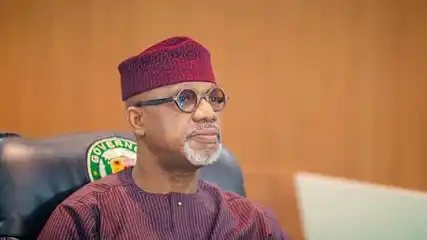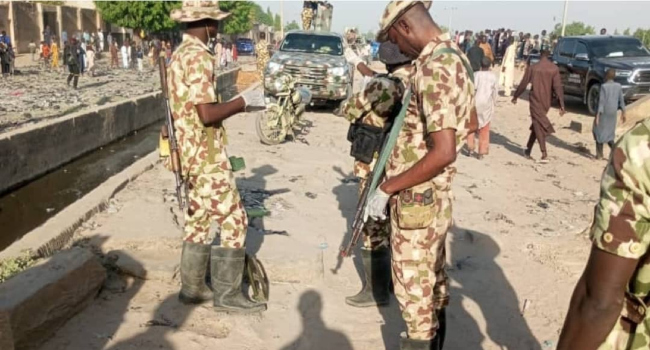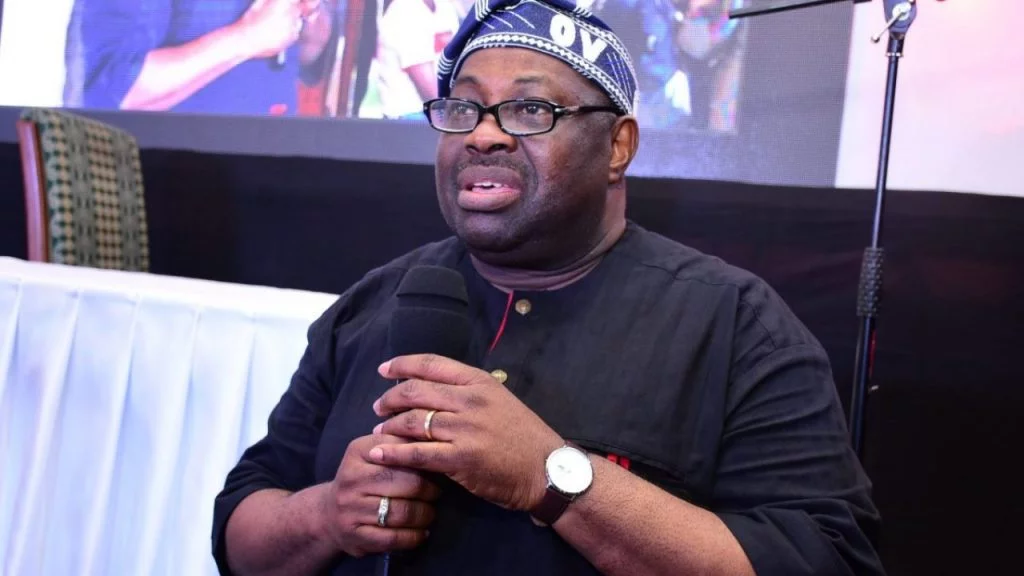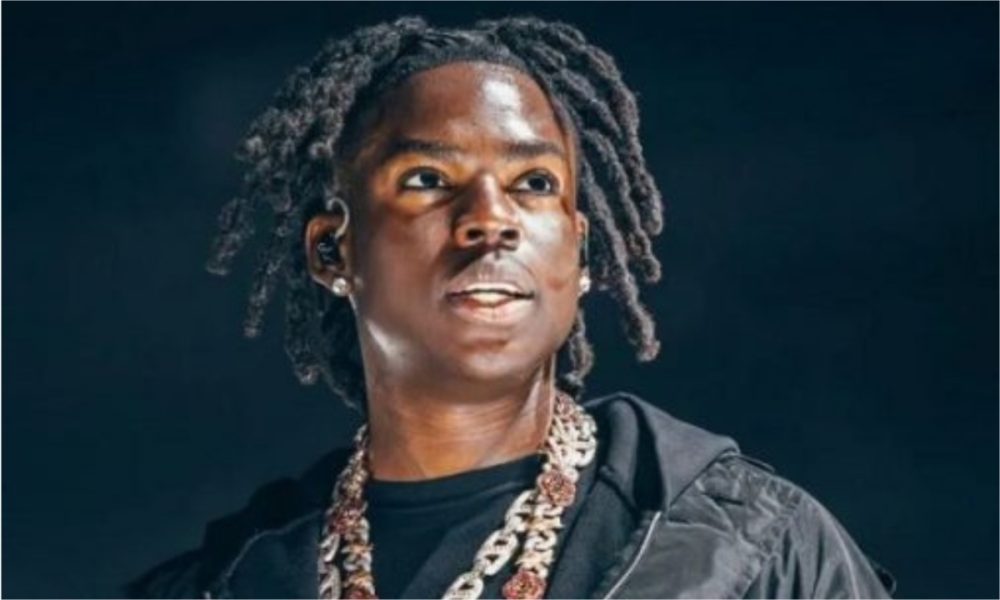Brazilian Supreme Court Puts Former President Jair Bolsonaro Under House Arrest for Alleged Coup Plot
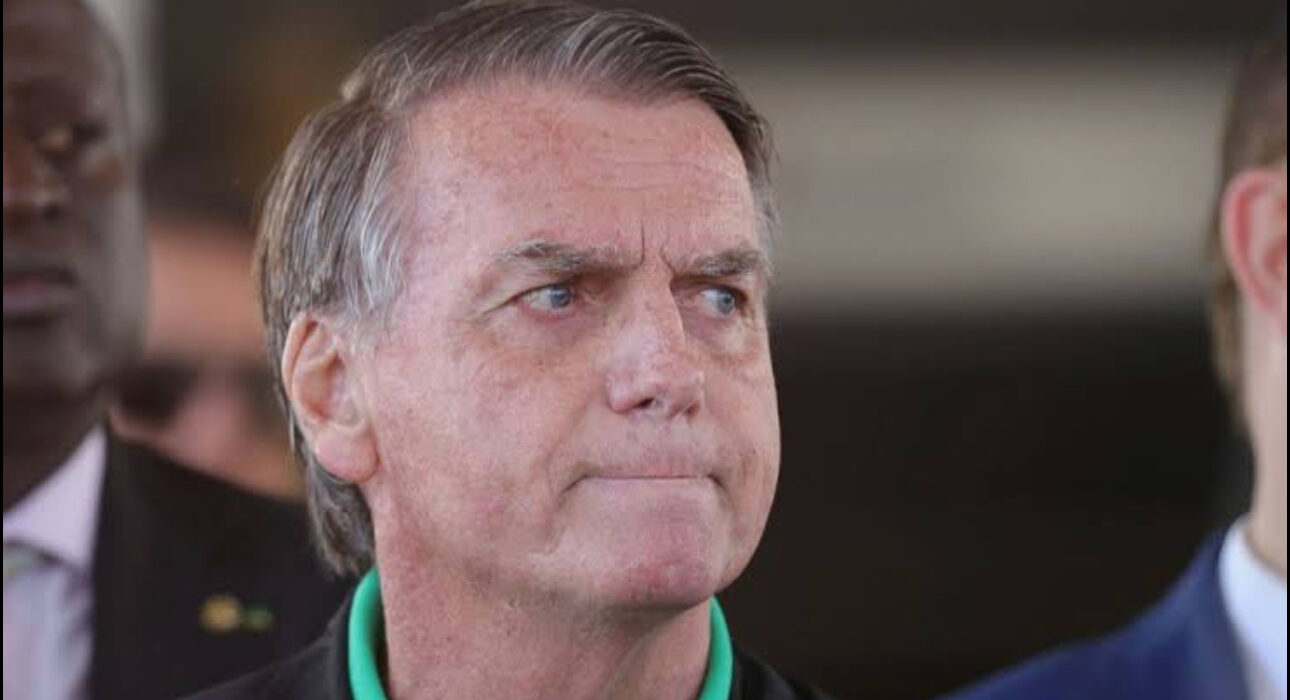
Former Brazilian President, Jair Bolsonaro has been placed under house arrest by the country’s Supreme Court following accusations that he violated court-imposed restrictions tied to an ongoing investigation into an alleged coup plot.
The decision, issued by Supreme Court Justice Alexandre de Moraes, marks a dramatic turn in the criminal proceedings against the far-right leader, who is facing multiple charges related to efforts to overturn the results of the 2022 presidential election.
The house arrest order comes amid intensifying scrutiny over Bolsonaro’s alleged role in orchestrating a conspiracy to prevent the swearing-in of President Luiz Inácio Lula da Silva, including planning violent actions and facilitating the storming of government buildings in Brasília on January 8, 2023.
According to the court, Bolsonaro recently violated conditions of a prior ruling that banned him from using social media or engaging in political mobilization. Justice Moraes cited a specific incident where Bolsonaro was heard addressing a crowd via speakerphone during a rally organized by his supporters in Rio de Janeiro.
The message was broadcast live on Instagram by his son, Senator Flávio Bolsonaro, in what the court deemed an indirect but clear breach of restrictions.
In response, federal police raided the former president’s residence in Brasília, confiscated all mobile devices, and enforced a tight protocol limiting visitation strictly to lawyers and close family members.
Bolsonaro will also be monitored electronically through an ankle bracelet for the duration of the house arrest.
The court also ordered a comprehensive restriction on communications originating from his residence, barring the use of any recording or transmission devices.
The measures are part of an effort to prevent the former president from influencing public discourse or interfering with the ongoing judicial process.
Bolsonaro’s legal team has denied any wrongdoing, arguing that he did not personally breach the order and promising to appeal the new restrictions. His lawyers maintain that the former president’s presence in a phone call was informal and did not amount to political mobilization or direct communication with the public.
Meanwhile, the house arrest has sparked widespread political and diplomatic reactions. Supporters of Bolsonaro gathered in cities across Brazil in protest, describing the ruling as politically motivated. The case has also attracted international attention, particularly from the United States, where former President Donald Trump criticized the ruling and warned of consequences for Brazil’s trade relations with the U.S.
Adding to tensions, the U.S. recently imposed sanctions on Justice Alexandre de Moraes under the Global Magnitsky Act, citing alleged human rights abuses—a move viewed by Brazilian authorities as an intrusion into domestic judicial affairs.
The investigation into Bolsonaro’s alleged coup plot is one of the most consequential legal cases in Brazil’s recent democratic history. Prosecutors accuse him of leading a criminal network within government and security agencies that sought to stage a military intervention after his electoral loss.
If convicted, Bolsonaro could face decades in prison. He has already been declared ineligible for public office until 2030 over earlier charges of electoral misinformation and abuse of power.
As legal proceedings continue, the Supreme Court’s latest action underscores growing judicial resolve to hold Bolsonaro accountable, while also exposing deep political divides in Brazil’s post-Bolsonaro era.
The trial is expected to proceed through the remainder of 2025, with potential implications for Brazil’s political stability and democratic institutions.


